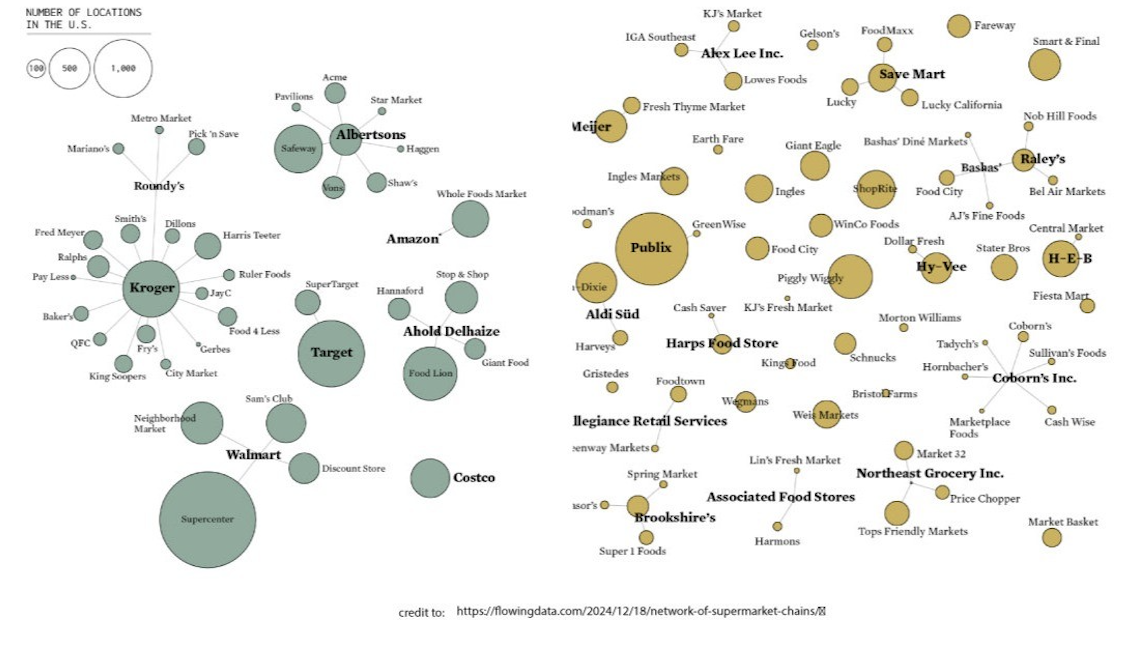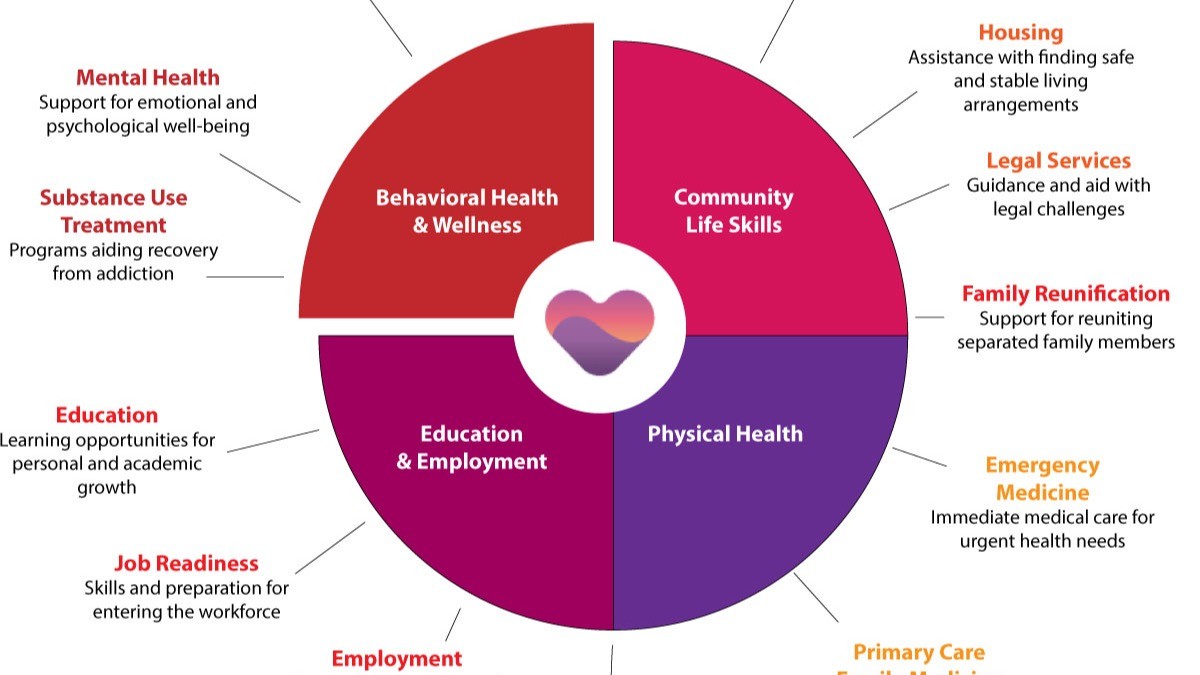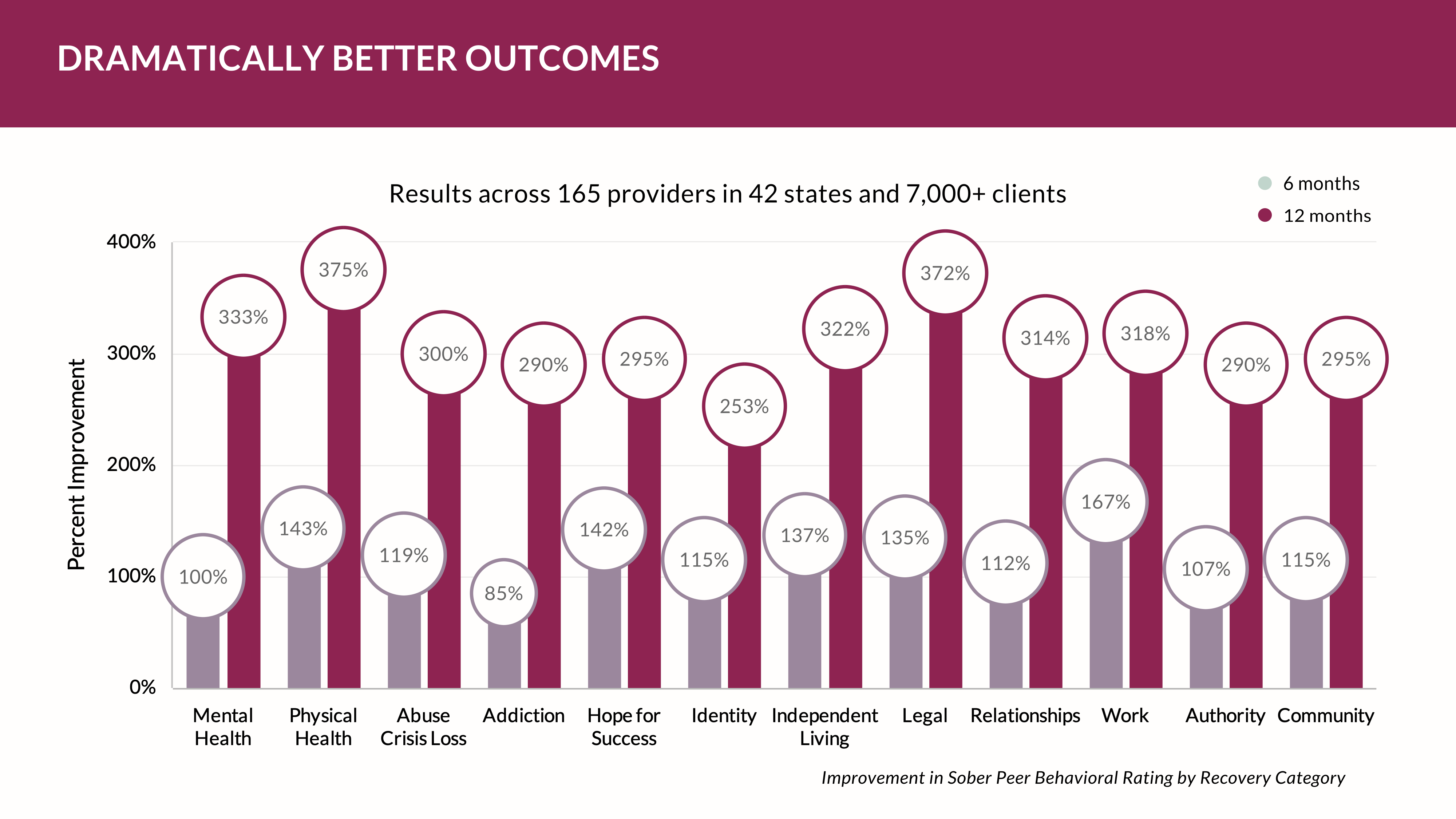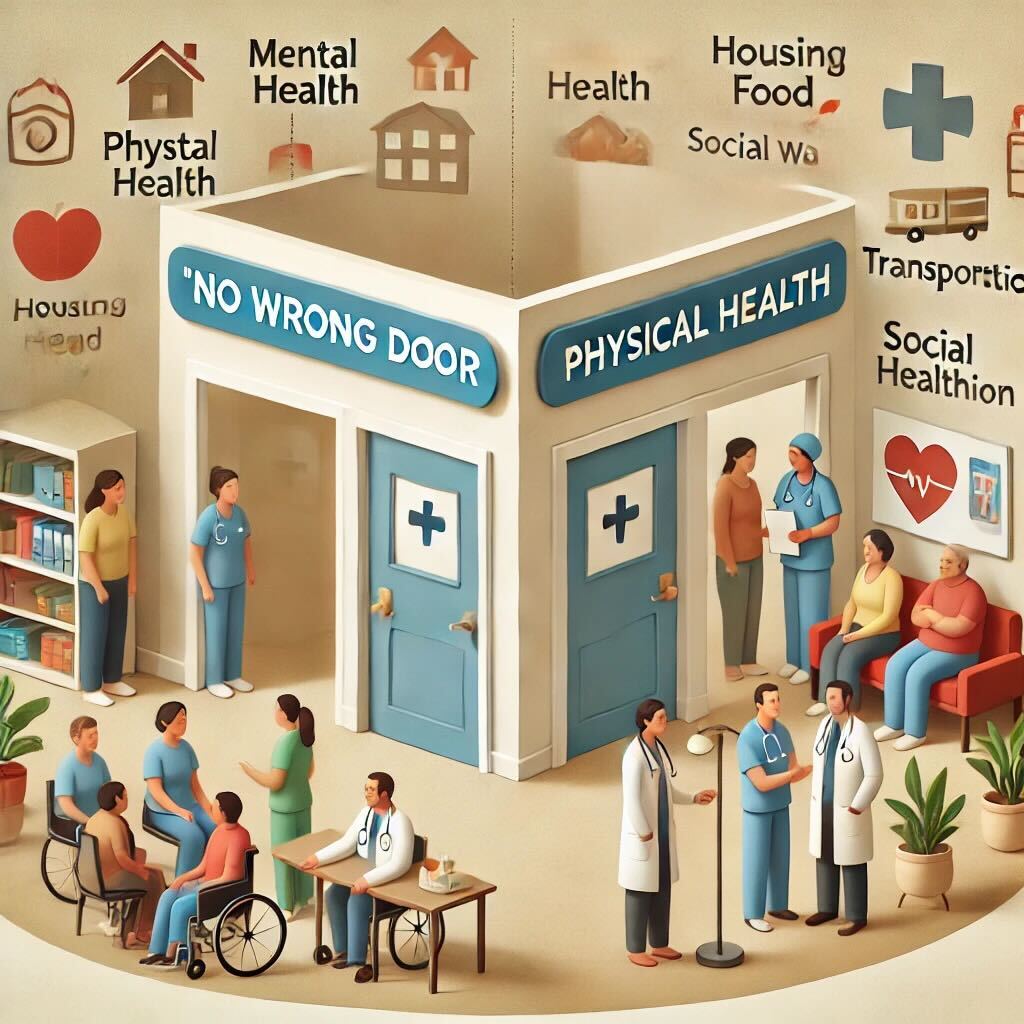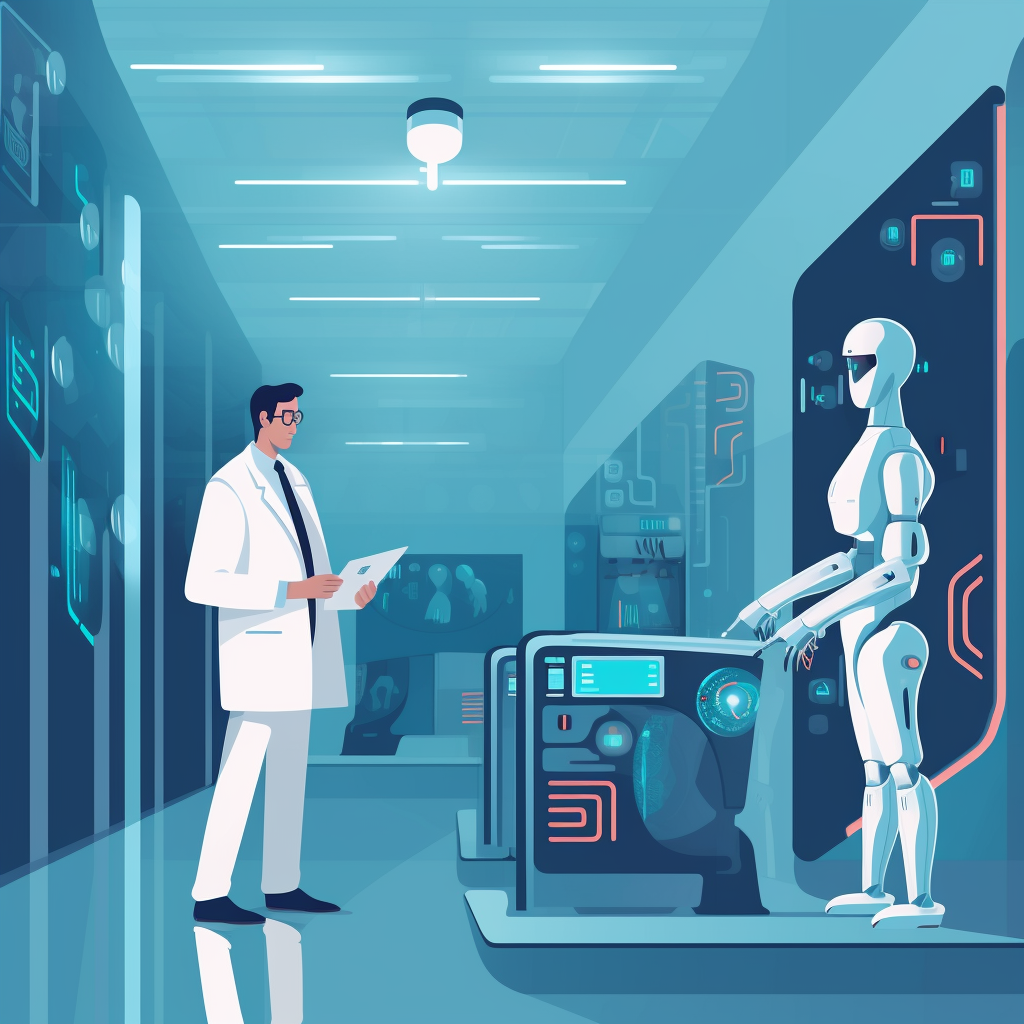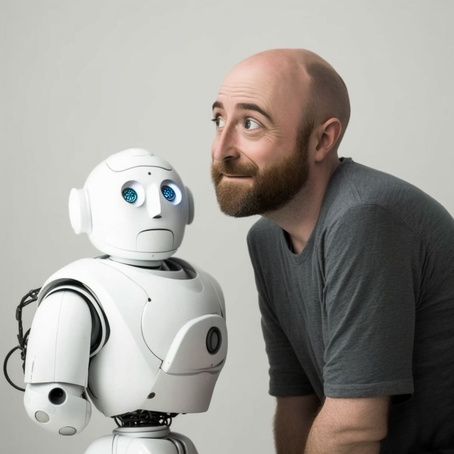Published Date:
Feb 28, 2023
Exclusive
AI
Habits
The Science Behind Habits: Why AI may come to understand you better than you
The article explores the science behind habits and how artificial intelligence (AI) is being used to analyze and predict human behavior, including the formation and maintenance of habits. With advances in AI technology, it is becoming increasingly possible for AI systems to understand individuals' habits better than they do themselves, which could have significant implications for personalization and decision-making in various industries.
Ingrained habits – behavior done with little or no conscious thought – are considered by some to guide nearly half of our daily action. Most of the time those unconscious habits are harmless. But sometimes they’re unproductive. For example, for many persistent over-eaters the unconscious trigger to stuffing your face with that turkey wing stems from the unpleasant feeling of stress of a holiday season. You gained a few pounds before you realized it!
Just consider these correlating thoughts by Paul Graham, the essayist and founder of the investment firm Y Combinator who points out that we live in an addictive age that is accelerating. He says, “what hard liquor, cigarettes, heroin, and crack have in common is that they're all more concentrated forms of less addictive predecessors. Most, if not all the things we describe as addictive are. And the scary thing is, the process that created them is accelerating.” That process Paul describes is the very same unconscious thought that form increasingly addictive habits of our imperfect humanity.
This was Paul’s musing over a decade ago. True to his thesis, today we have Fentanyl, one of the most addictive substances plaguing our society. Ironically, these same addictive standards create the things we want to want. Technology, for example, creates new things we become addicted to – and we want to want them. This is good for the most part.
So, if our daily habits are controlled largely about the unconscious thought then eliminating the unproductive ones – before they occur – would be a credit to humans especially when a growing addictive society we crave attempts to encircle us.
In our work with augmented intelligence, we can clearly see that when detecting signals of unconscious thought a key ingredient modifying negative behavior is possible. The technological future of behavioral health means designing it to recognize the patterns of unconscious thought and bring them to light as they are happening. Augmented intelligence is a tool that is especially adept at this kind of insight. When we can identify the thing we want is something we are going to want, our progress with chronic mental health and substance use outcomes will improve. This should drive every scientist in behavioral healthcare.
Why do some people seem to experience success and not others?
Cognitive psychologists define habits as mental processes involving both conscious decision-making followed by repetitive practice until they eventually become automated responses requiring minimal attentional resources from us each time they occur again later down the line. To this we say, nice thought by clinical standards! However, our cognitive psychologist community has little means to identify it in practice.
By understanding this definition better and with the use of augmented intelligence tools, we can harness habit signals to help create positive changes within behavior health sciences.
And, it’s quite likely that AI will learn to understand you better than you.
Other Blogs
The Plan No One Sees Coming—But Soon Will
Exclusive
Mental Health
Addiction
Drugs

Ant Pheromone Study May Improve Mental Health Outcomes
Exclusive
Mental Health
Addiction
Drugs
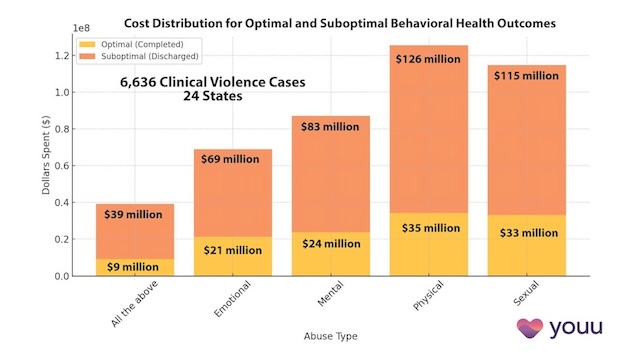
Interrupting Violence Should Be Irresistibly Investable
Exclusive
Mental Health
Addiction
Drugs
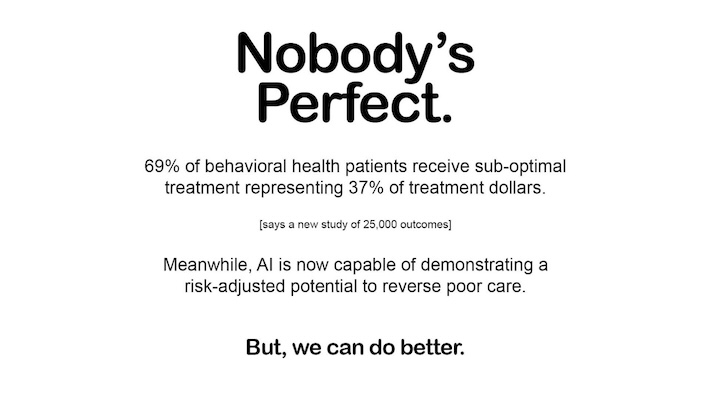
69% of Behavioral Health Patients Receive Sub-Optimal Care According to a New Analysis
Exclusive
Mental Health
Addiction
Drugs
Other Blogs
Have Questions? Lets Meet
Select a time you like to meet with us
